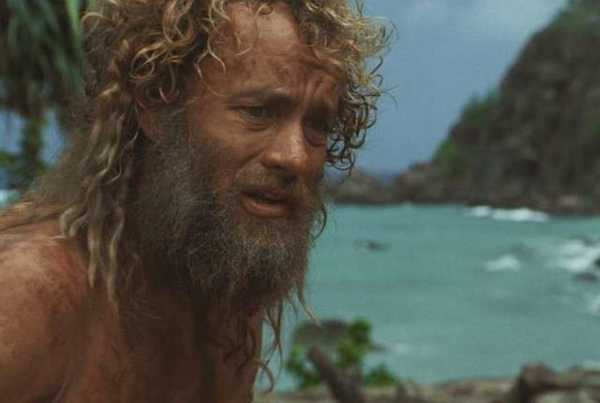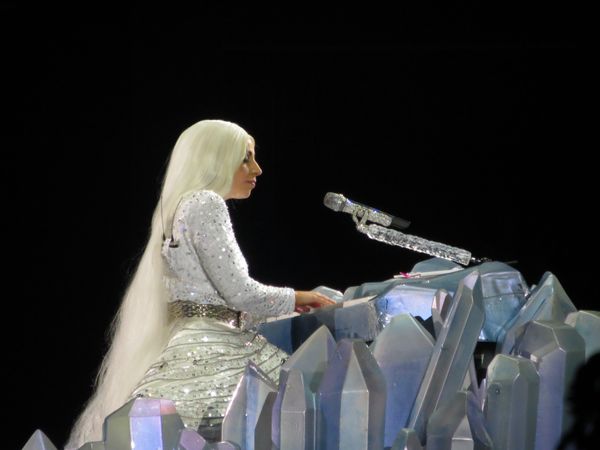Being objectified by men is another reason why women in general, not just feminists, don't listen to rap. For example, I watched a video uploaded to Youtube by BuzzfeedYellow called "Feminists Watch '90s Rap Videos." A couple of high profile '90s videos were shown to a diverse group of women that label themselves as feminists. The videos shown were Sir Mix-A-Lot's "Baby Got Back" and 2 Live Crew's "Pop That Coochie." It was interesting watching the reactions of the women.
When "Baby Got Back" was presented, the ladies seem to rather enjoy the song and video. One woman even commented that the video was not hurting her, it was only making her jealous of the girls with the big butts. One the flipside, when "Pop That Coochie" was played, all the women got upset. The women explained that they didn't like how members of the band seemed to be controlling the women. They felt the women were being objectified by just playing a kind of sex toy for the rappers. One lady said that all she wanted to do was give the girls in the video that were popping their coochies a hug and a sweater. To this comment (and to the rest), I ask why?
The women in those videos chose to be in them and had no problem with being portrayed in such a light, so who is anyone to say what a woman should be offended by? I'm certainly not justifying the music videos they showed and the juxtaposition between the men and women within it, but I'm also saying that, if a woman wants to be sexually forward, let her be.
Often times, the women in rap videos are rarely given a space to express how they're feeling. Everyone assumes that all those women are the same--they are all fame whores. When doing further research, I came across two videos of "video vixens" speaking on their experience. A video vixen is a woman who appears in rap music videos and is often an industry sex symbol. One of these video vixens is pretty well known. Her real name is Karrine Steffans, but most know her as "Superhead." She has appeared in more than 20 music videos with rappers. The video I found of her was a part of a documentary on video vixens. She stated in the video that "this whole industry is misogynistic."
Steffans said that she was passed around by some of the most famous rappers in the industry. Even though some would say she was being objectified, she doesn't disagree. She says that she was passed around, but she let herself endure that; she wanted to go from rapper to rapper. She felt it was the only way to be liked in the industry. The majority of the population would say that Steffans has serious emotional issues that she needs to work on, and you may be right, but that still doesn't excuse the fact that she voluntarily chose to be a part of this industry. She knew what she was doing and welcomed most of it.
Another video I came across was a short documentary on how women in the music industry are portrayed in rap music videos called African American Women: And Hip Hop. Model Melyssa Ford, record executive Irv Gotti, radio host Kendra G and writer Kevin Powell were interviewed about their opinions on how women are portrayed within these music videos. The interviewer asked Melyssa Ford if she ever felt objectified in any way; her answer surprised me. She said that, in her personal experience, being a "video vixen" was just a job. She said, "This is my stepping stone, and I'm going to use it to transcend to another level."
It never occurred to me that, to some video girls, this portrayal and others' reactions to it mean absolutely nothing. Some, like Melyssa, just see this as a way to get to what they really want. Melyssa did acknowledge that some girls will be willing to do whatever they can to climb to that next tier, but she personally felt like she wasn't being objectified. I think, in the future, instead of speaking for video models, we should let them speak for themselves.



















